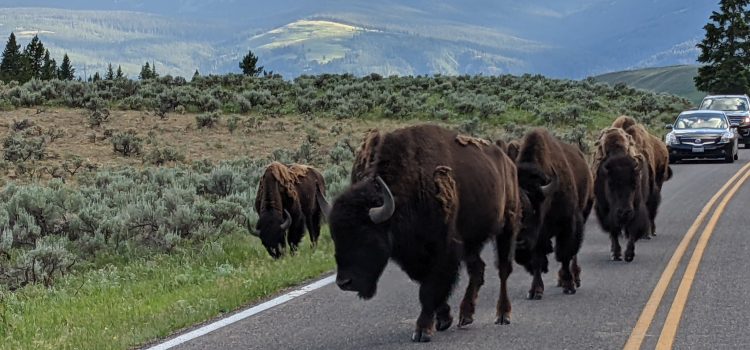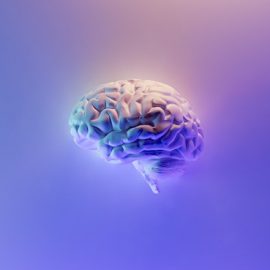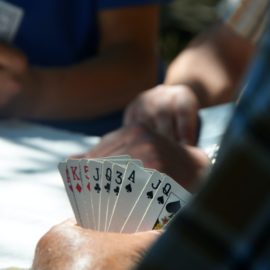

This article is an excerpt from the Shortform book guide to "Poor Charlie's Almanack" by Charles T. Munger. Shortform has the world's best summaries and analyses of books you should be reading.
Like this article? Sign up for a free trial here .
What is social proof bias? What is the harm in following the herd?
Social proof bias is the tendency to have faith in the prevailing consensus and the belief that the majority always knows better. This tendency can be particularly dangerous during stressful situations where you may tend to make ill-thought-out decisions.
Read on to learn more about the social proof bias.
What Is Social Proof Bias?
You think you’re in independent control of your actions, but in reality, you do what you observe from other people. You think their thoughts and you mirror their actions.
This is triggered most easily in times of puzzlement and stress.
It applies to both action and inaction. If other people aren’t doing anything you tend not to do anything either.
Why It Evolved
Social proof bias helps maintain social cohesion by encouraging normative behavior. If everyone shares in cooperative behavior that helps overall survival (such as bathing), then the whole group benefits.
How It Can Be Harmful
In general, when the crowd is wrong, mirroring their actions is bad for you.
- A company that doesn’t have a clear independent strategy will tend to follow the crowd, which thins its competitive advantage.
- During an emergency, people might sit around and do nothing. (Shortform note: The Kitty Genovese effect is named after a woman who was stabbed outside her apartment and called for help, but dozens of witnesses who heard her screams neglected to do anything, possibly because they didn’t see anyone else doing anything.)
In stressful situations, social proof bias causes people to make rash follow-the-crowd decisions. For instance, during stock market booms and busts, people unwisely react according to how the market behaves. This synergizes with deprival reaction and doubt avoidance—people don’t want to lose their money, and they have great anxiety from doubt, so they act rashly to soothe their doubt.
Social proof bias can also trigger cycles of bad behavior. For instance, social proof can be coupled with envy/jealousy tendency and deprival superreaction. (Shortform example: Think of frenzied shopping behavior during Black Friday mobs, when people envy the goods that other people have and don’t want their own goods taken away.) Social proof bias justifies and magnifies bad behavior.
Examples of Social Proof Bias
We do simple daily actions by following the crowd and not thinking about it.
- People arriving at a football game get to the entrance by following the crowd.
- People who enter elevators turn to face the direction everyone else is facing in.
- Advertising featuring admirable people makes the product appear more attractive in our minds.
Social proof bias can have more significant effects:
- A company’s board of directors can sit idly by during a problem if they see no one else on the board taking action.
- Serpico syndrome: in a corrupt organization, a lone dissenter will be harassed by everyone else for not conforming to the corruption.
Antidotes
Be an independent thinker. Use a checklist to see if the countervailing theory is correct. Learn how to ignore other people’s behavior when they are wrong.
As a society, stop bad behavior before it spreads, and glorify good behavior.
To stop the bystander effect when you need help, don’t ask a formless crowd for help. Point to someone specific and ask for something.

———End of Preview———
Like what you just read? Read the rest of the world's best book summary and analysis of Charles T. Munger's "Poor Charlie's Almanack" at Shortform .
Here's what you'll find in our full Poor Charlie's Almanack summary :
- A collection of Charlie Munger’s best advice given over 30 years
- Why you need to know what you’re good at and what you’re bad at to make decisions
- Descriptions of the 25 psychological biases that distort how you see the world






